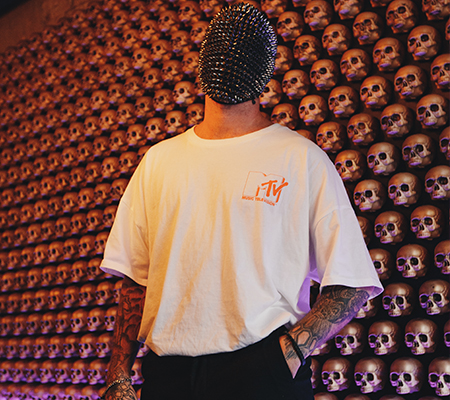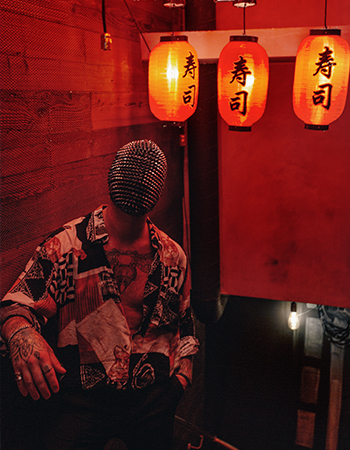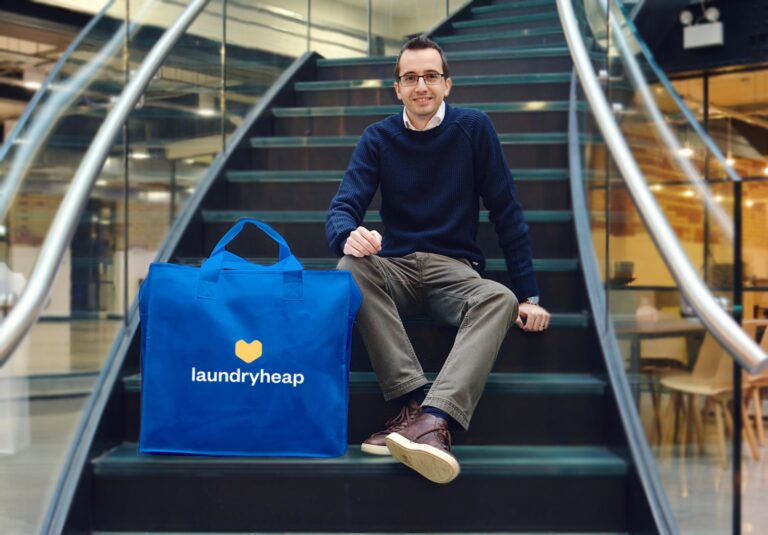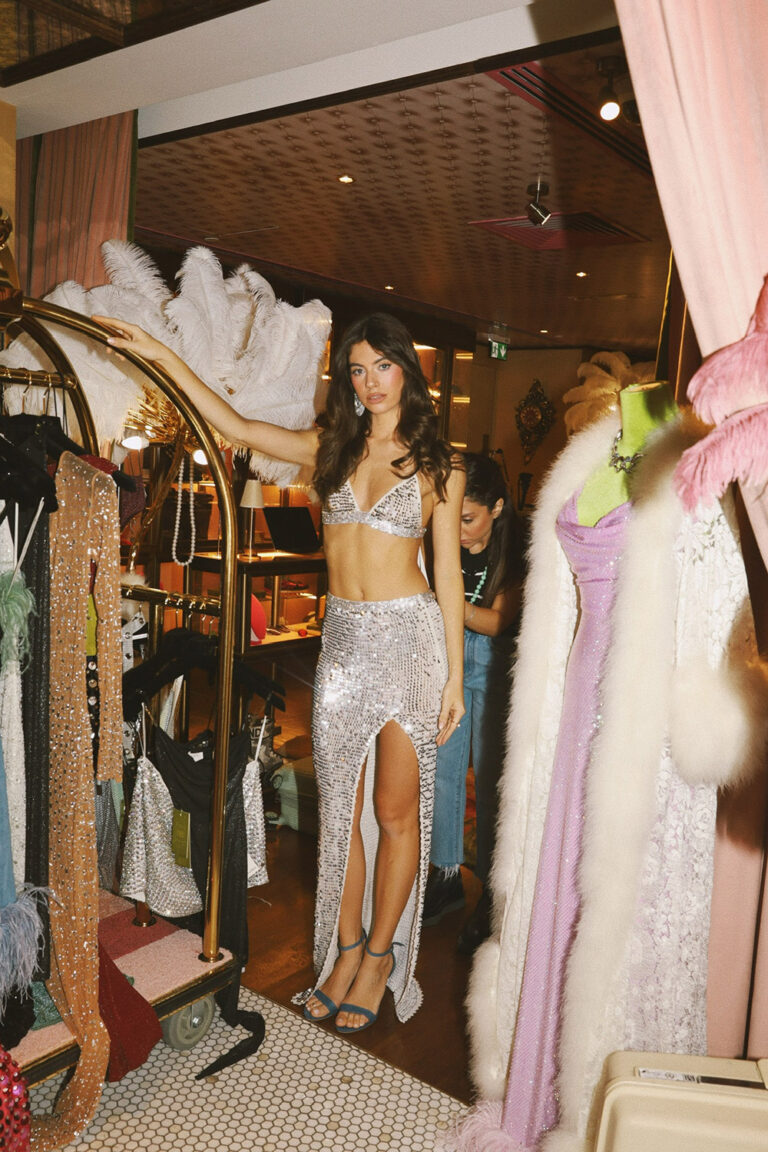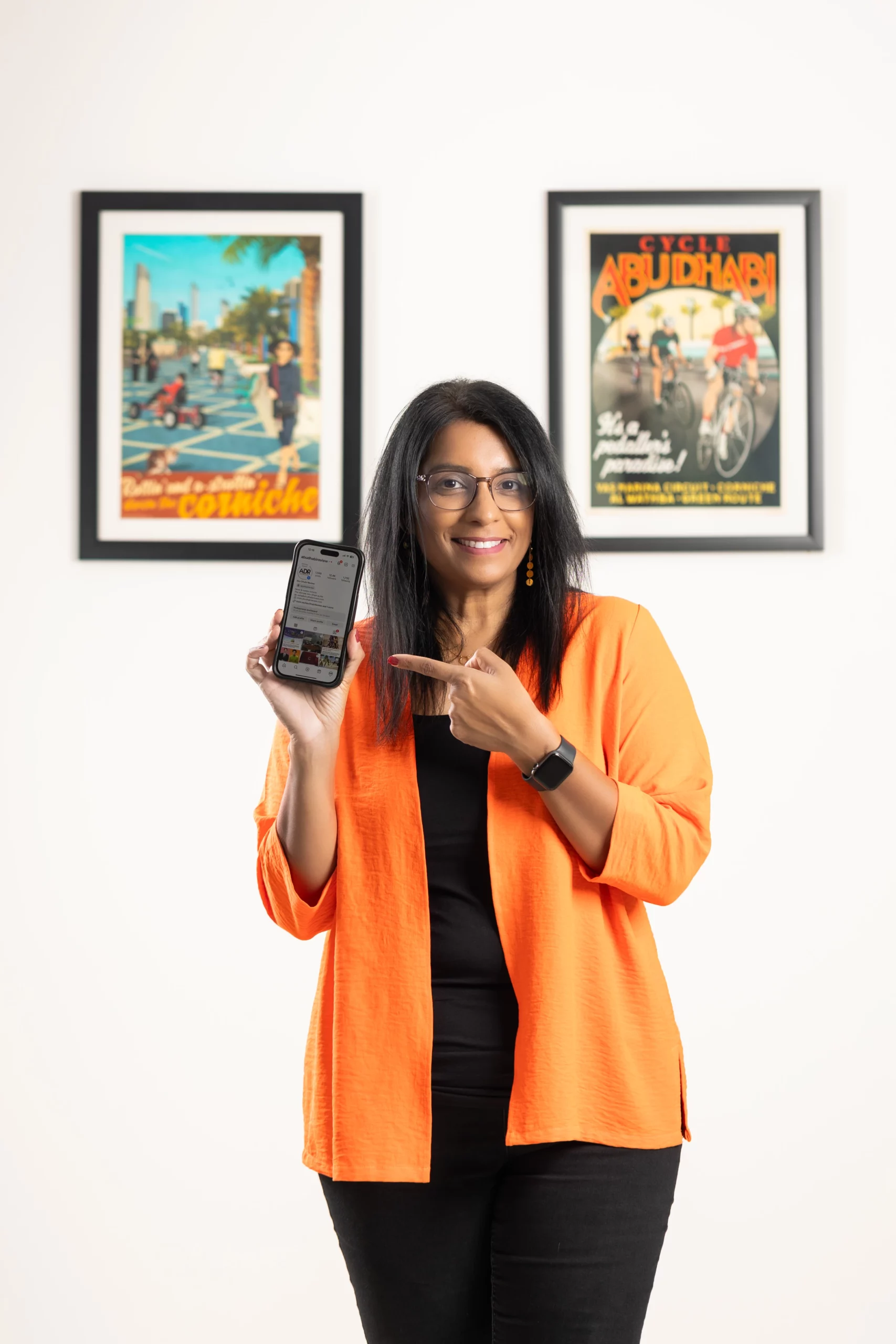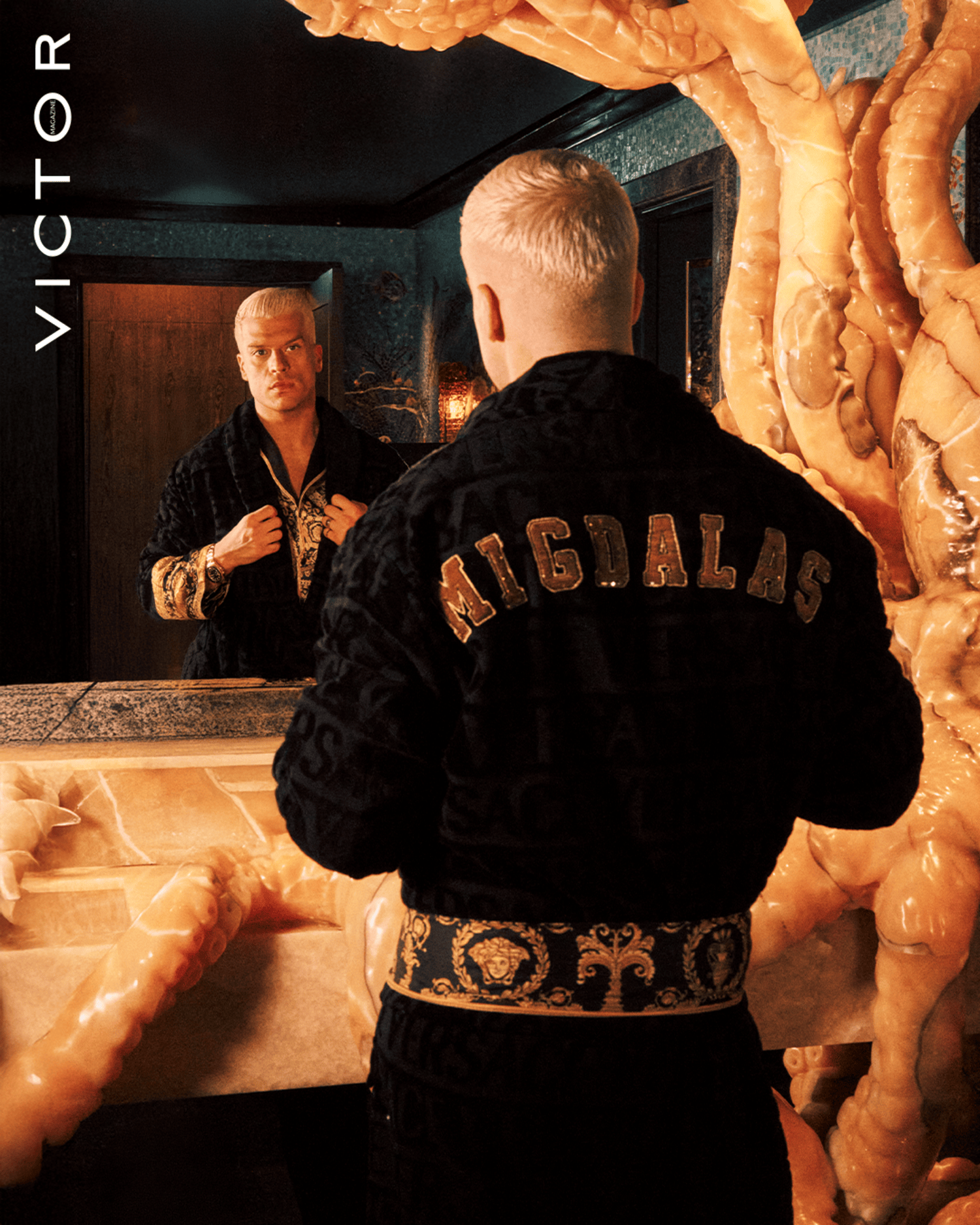
Unwind with Sam Collins
Gayathri Ramachandran

- Photo by: Martina Cyman
With a unique combination of tech and bass house music, Sam Collins knows how to take the audience by storm. His music is known to speak to your soul on a level you’ve never experienced…ever in your life. And the moment you tap into the realms of the rhythms reverberating across the arena, you forget certain things that at one point were troubling your mind. His biggest release was “WAWA”, which has amassed over 13M views on Spotify, Apple and YouTube. Sam’s music is popular in many German clubs, including parts of Asia and Europe. He believes that every party is a journey through the world of electronic dance music.
What is it about Deejaying that inspired you to pursue it? And in your own words, what makes this profession unique?
Sam: I’ve always been very interested in music, and started my career at the early age of 15. At that point I didn’t even know that a career as a DJ was possible. When I first saw turntables and that you can move, touch and influence music I fell in love with Deejaying. Music is one of the things in life that has the ability to touch humans’ deeper feelings. Music is also not tied to cultures or classes but reaches everyone. Me being in control of the music gives me the power to move people, and that is what makes Deejaying such a unique profession. Being able to move a whole crowd at once or sometimes only a handful of people is what makes it so Special.
According to you, what are some of the misconceptions people have about DJ’s that you would like to debunk?
The role of a DJ is often misunderstood. People assume that a DJ is on stage for 1 hour just mixing music and afterwards gets a bunch of money for it. But they don’t know about all of the work that lays behind that. Preparing sets, building yourself a name and brand, producing music, networking and all of those years of uncertainty without any guarantees of success. It also comes with other sacrifices regarding your family and relationships – spending less time at home and working in the nightlife can make these aspects of life difficult. So, to sum up, Deejaying is not easily earned money, as some might think.
How do you manage to stay up to date with the latest music trends?
Staying up to date with trends comes pretty easily by following social media platforms and different artists. Spending time on music platforms like Spotify and SoundCloud as well as engaging in different Artist’s developments makes it almost natural to be up to date, especially in a social circle of like minded people. By being a very open person who values the communication between one another you deepen your insight into the profession and learn from one another’s experiences in order to grow.
What are some of the innovative strategies you use to keep the listeners or crowds engaged? How do you keep them going?
I would say that I don’t really think of strategies to keep my listeners engaged. In terms of social media, I mostly share the things I am excited about without thinking about it too much, and my followers like that. While performing live I sometimes use what I call “ear candies” with a nostalgic effect for people. Songs like Michael Gray for example- “The Weekend”. It is probably also a factor that I myself enjoy the music and my enthusiasm transfers on to the crowd.
What are some of the skills do you believe aspiring DJ’s need to possess in order to be successful?
The main skill anyone in a creative job needs is passion. If you are passionate and interested in a topic the other skills will come more naturally to you. My tip for aspiring DJ’s is to keep on working on developing your own style and unique brand without replicating another big artist. Your goal is not to become the new Martin Garrix or Fisher, but to build your own success story. If you work constantly and hard enough there will always be people listening.
What does your music aim to signify? Where do you get most of your inspirations from?
My goal when producing is to evoke nostalgic emotions using top lines and then combining it with a powerful arrangement. My biggest inspirations originate from daily life, other people and a lot of music.
Have you experienced creative blocks when trying to find the ideal rhythm or tune? How do you tackle this?
Sam: I often experience creative blocks. With me they mostly come in the form of several weeks in which I lack the motivation to produce music. How I deal with these is to not force it. In these times I focus on the other part of my job which is more about set preparation or other projects. The most dangerous part about a creative block is to get sucked into it.
What are some of the changes you’ve noticed taking place within the music industry? How do you think social media tools have impacted the way the DJs of this generation make music?
Social media has brought a lot of changes to the music industry. It can be used as a powerful tool to keep your audience and fans engaged. But what I find dangerous for DJs of this generation is that Social media becomes an even more important part of Djs than the music itself. There always has to be a balance and in the end Deejaying is about music and not about being an influencer.
What would you say is the most rewarding part of being a DJ?
Being able to earn a living by doing what I love most. It’s a blessing I can’t even describe. Also, it is a job with indefinite growing opportunities. There is no one stopping you from reaching an even higher position. So, when people say “the sky is the limit”, in this job it is actually true. On top of that, obviously, I meet a lot of amazing and interesting people, see a lot of different countries and can live wherever I want as long as there is an airport nearby.
By Author


From Calculations to Camera: Basma Mostafa’s Bold Leap into the Unknown

Stop Blaming. Enough Is Enough: Words @ 3AM By Gayatri.R
no related post found

Beyond the Expected: John Migdalas on Today’s Luxury
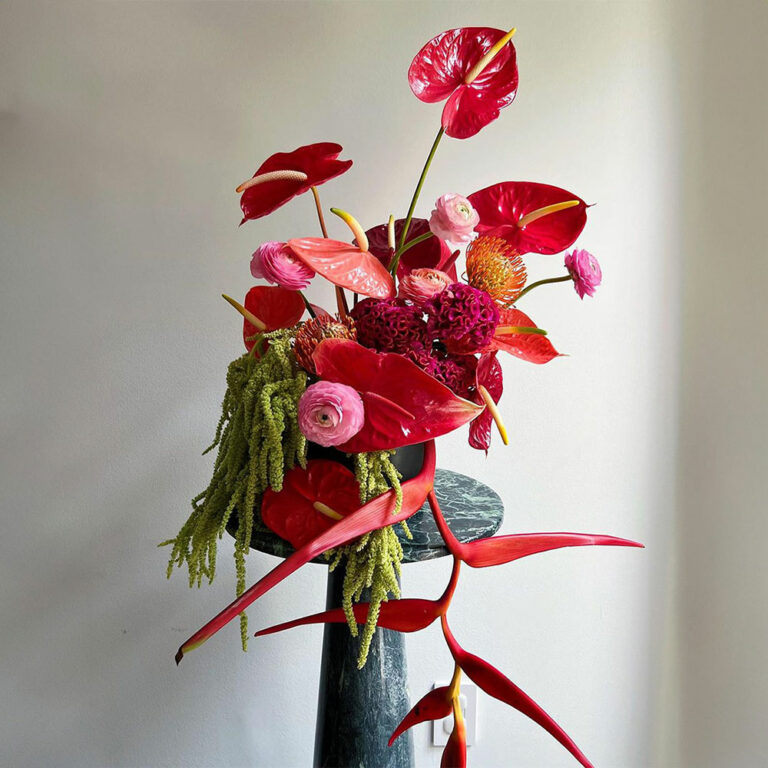
“Flowers are our favorite F word!”

Indulging in Love and Flavor at Playa: A Valentine’s Day Delight

Beyond the Expected: John Migdalas on Today’s Luxury
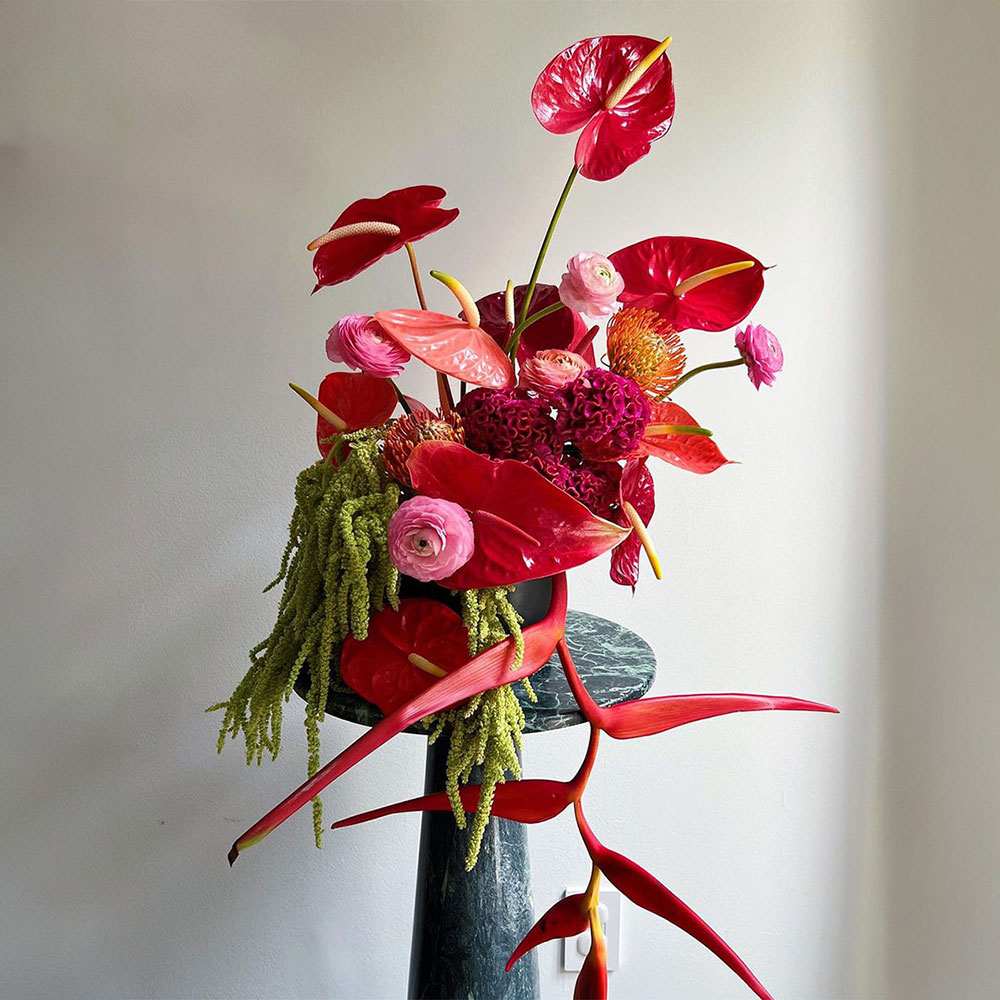
“Flowers are our favorite F word!”

Indulging in Love and Flavor at Playa: A Valentine’s Day Delight







